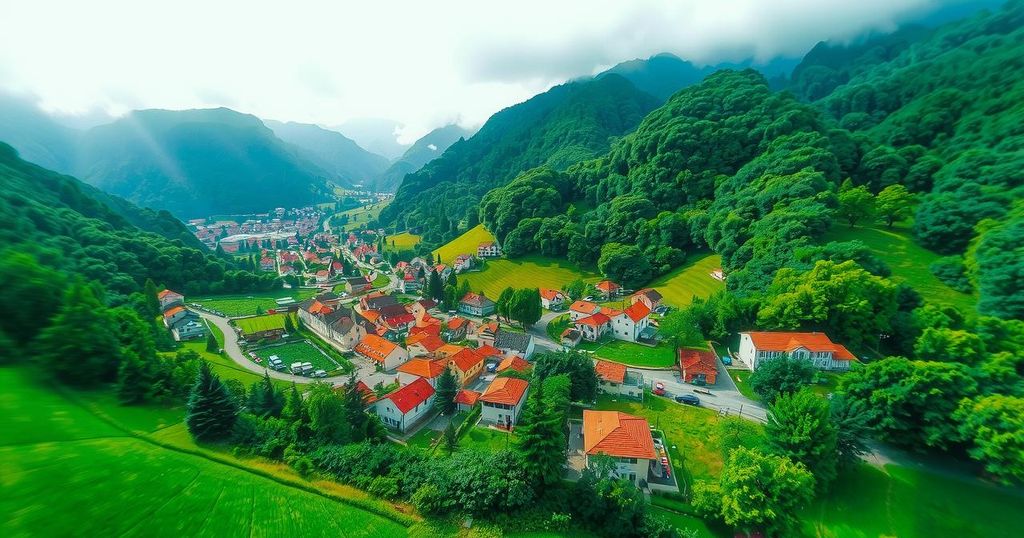Rwanda-backed rebels have advanced into Walikale, Congo, amid escalating conflict and ignoring ceasefire calls from regional leaders. Following failed negotiations, the M23 rebels captured key routes, intensifying the humanitarian crisis with over 7 million displaced. The Congolese President seeks U.S. security assistance regarding mineral resources, as ongoing violence complicates humanitarian efforts.
Rwanda-backed rebels are aggressively advancing into Walikale, a mineral-rich town in eastern Congo, disregarding recent calls for a ceasefire from the presidents of Congo and Rwanda. This escalation is a part of the ongoing conflict that intensified in January with the capture of Goma and later Bukavu. Despite high-level diplomatic efforts in Qatar, attempts to negotiate peace have failed, particularly after the European Union imposed sanctions on M23 leaders.
Local reports indicate that the M23 rebels entered Walikale late on Wednesday, gaining control over a strategic route connecting four provinces: North Kivu, South Kivu, Tshopo, and Maniema. The town is critical due to its rich deposits, including the Bisie tin mine, which has recently suspended operations due to the escalating conflict. Civil society leaders have voiced concerns about heavy artillery fire and sporadic gunfire, suggesting that the Congolese army is no longer able to mount an effective defense.
Congolese President Felix Tshisekedi expressed willingness to discuss a security deal involving critical minerals with the United States, emphasizing that U.S. influence could help contain armed groups in the region. The M23 is among numerous armed factions vying for power in eastern Congo, contributing to a humanitarian crisis that has displaced over 7 million people.
The U.N. estimates that approximately 4,000 Rwandan troops are supporting the M23 rebels, reflecting the complexity of the conflict, which has even prompted international scrutiny regarding human rights violations. Humanitarian groups like Doctors Without Borders are facing significant challenges as violence disrupts their operations, with a recent report detailing that their facilities were affected by gunfire amidst the conflict’s escalation.
The situation in Walikale underscores the deteriorating humanitarian and security conditions in eastern Congo. Despite international diplomacy efforts, the conflict persists, exacerbated by the involvement of foreign troops and rampant armed groups. The economic implications of this turmoil are significant, as many crucial mineral resources remain at risk. Humanitarian organizations continue to express grave concerns regarding the safety of civilians and the operational integrity of medical assistance in affected areas.
Original Source: www.2news.com




